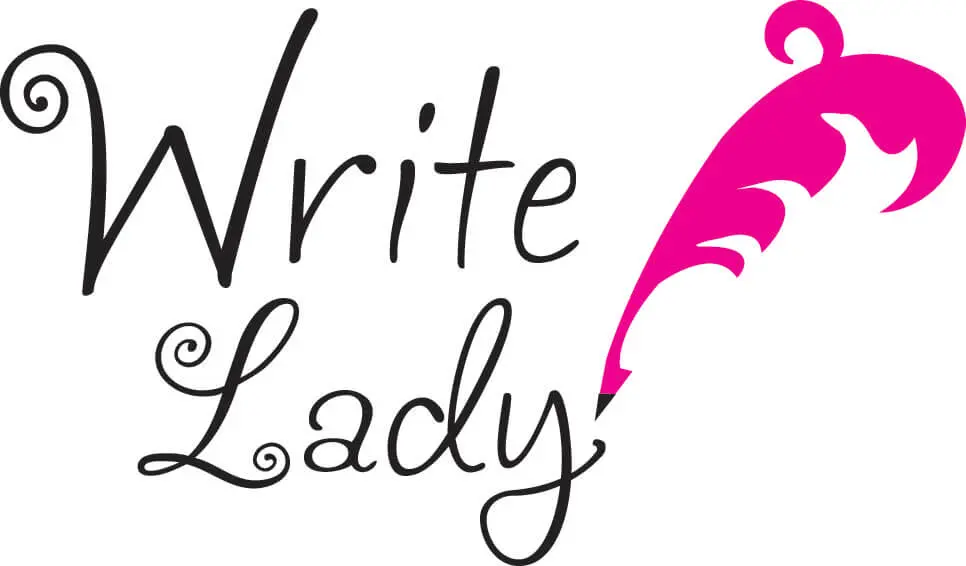Do you like the sound of your own voice?
When considering the question in a general sense, many people express at least one self-criticism.
- I sound too young.
- I sound so old.
- My voice is too high.
- My voice is too low.
- I’d like to lose my [specified] accent.
- I’d like to have a [specified] accent.
Speaking transpires so naturally that only rarely do people concentrate on how they sound upon uttering their words. Typically, an occasion or circumstance, such as presenting important information or hearing a recording of oneself, would trigger a careful assessment.
Not Music to My Ears
Many moons ago, when my sister and I were young, our parents gave us a cassette recorder. Although the equipment would be antiquated now, the machine was then a novelty, providing great entertainment and self-discovery. Children of our era didn’t have ready access to handy devices like smartphones and tablets with recording technology, so we (our friends, too) were astonished by how much our ears had been deceiving us.
Is that how I really sound?
Learning that the voice in my head was not the one everyone else heard from the outside delivered a rude awakening: my singing voice was a bit shaky and off-key. So much for becoming the next Karen Carpenter!
In pursuing a business career, I decided people would take me more seriously if I altered two characteristics of my voice:
- Lower my high pitch to sound older
- Neutralize my Southern to sound more sophisticated
Lacking the discipline of professional actors and speakers, I readily failed the first goal. In fact, upon meeting a client in person for the first time after numerous phone calls, he said, “Your voice is much younger than you are.” Without missing a beat, I replied, “Yours is much taller!” He was (is) short, but I never would have inferred it had we not established a friendly rapport. Yes, we shared a good laugh.
More attentive to my accent, I focused long and hard enough on my speech to tone down the regional notes. For a period, I convinced myself that I had no accent. Ha! No one would have ever mistaken me for a Midwesterner! In time, recognizing how much I loved Southern voices, I decided to embrace my heritage and stop apologizing for every y’all that escaped my lips.
The overall sound of my voice still catches me off guard when I listen to a recording. Oh, do I have a Southern accent! I must confess, however, that if an automatic playback option were instantly available at any moment, the feedback would make me more thoughtful of the following:
- How to prevent negative emotions (e.g., annoyance, impatience, sarcasm, indifference, bitterness, etc.) or sensations (e.g., fatigue, hunger, pain, etc.) unrelated to the individual(s) and conversation underway from emerging in my voice
- How to increase the potential for a positive outcome by moderating any negativity in my voice that stems from the individual(s) and exchange underway
I grew up hearing, “It’s not what you say but how you say it.”
Communicating is not that simple, of course. Both factors are consequential, and countless nuances can make or break a dialogue. Nevertheless, we can each improve how we come across to others by some measure if we merely take more time to listen to ourselves and decide if what we are hearing is pleasing to the ear.
Sallie W. Boyles, a.k.a. Write Lady
Thoughts or questions? Please contact Sallie Boyles, owner of Write Lady Inc., to exchange ideas about effective communications and gain from professional writing and editing services. Receive monthly tips and insights by subscribing at https://WriteLady.com.
